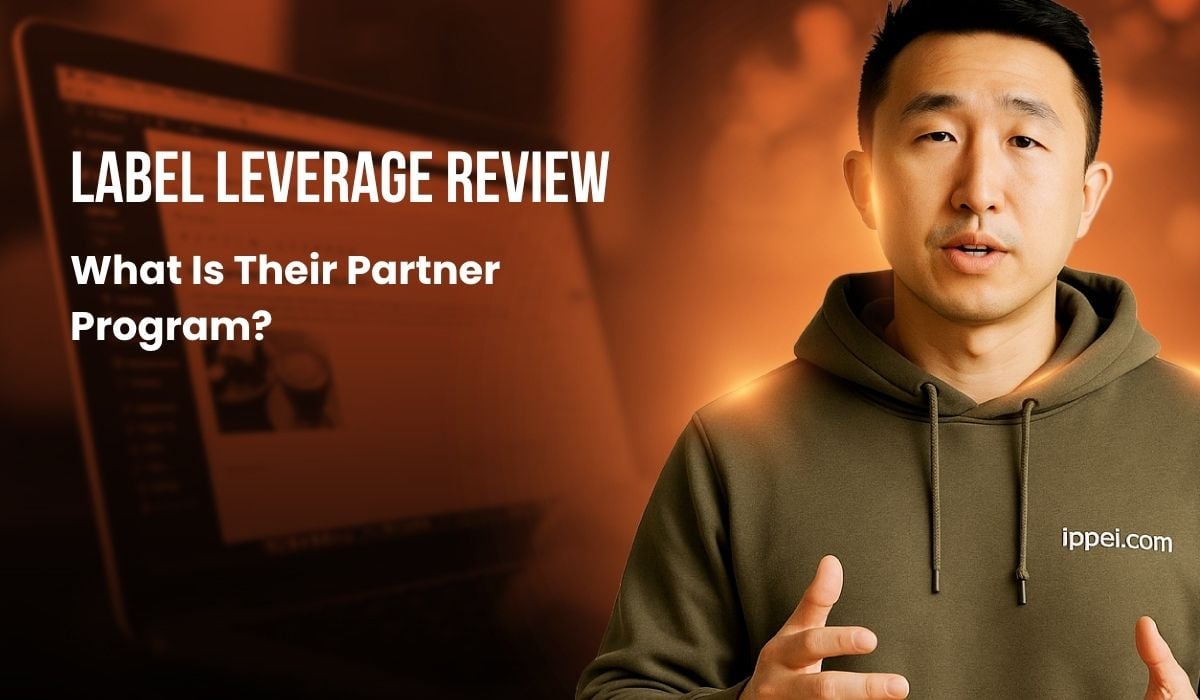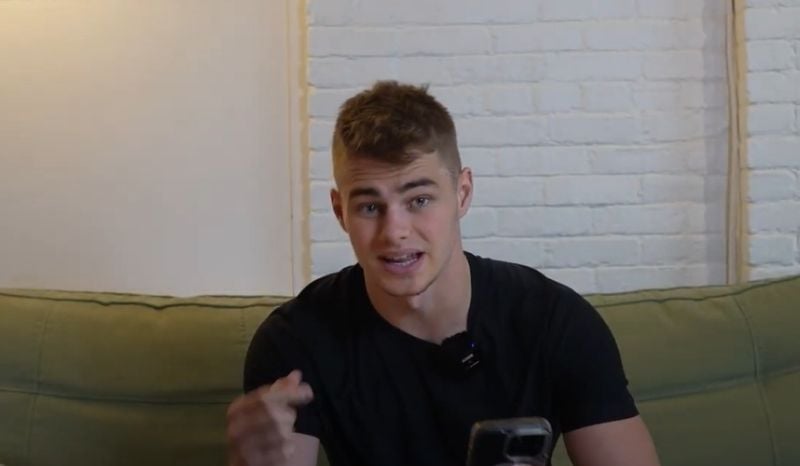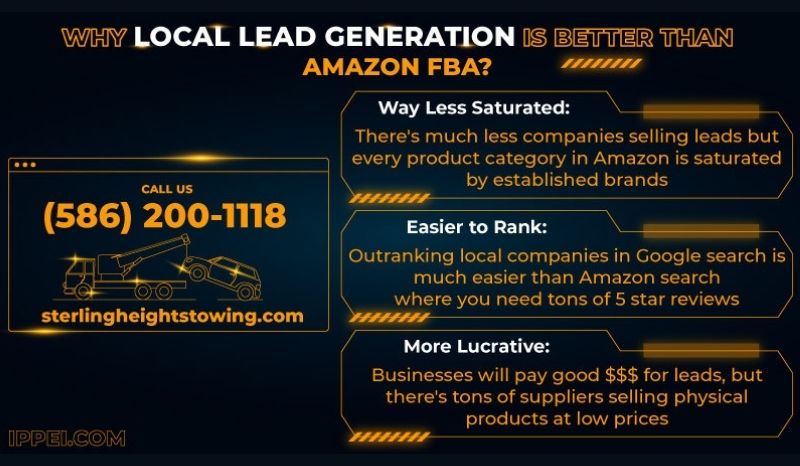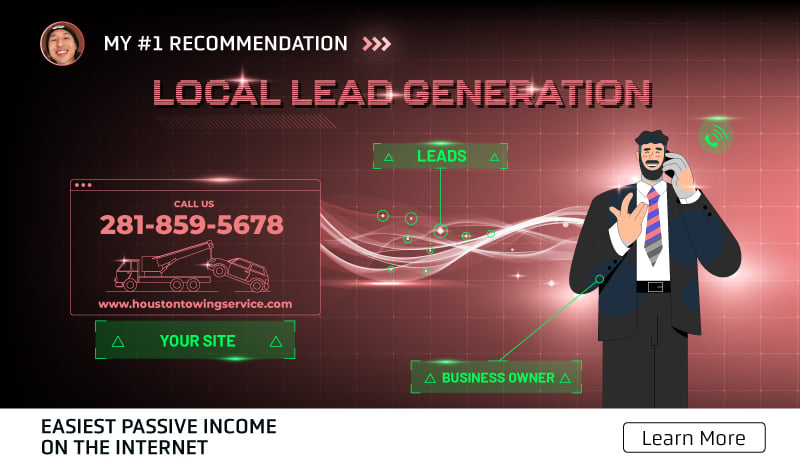Scott Glesenkamp and Kevin Bueno Label Leverage Review: What Is Their Partner Program?

Label Leverage is an Amazon FBA private label company and training platform. It offers a free Skool course and Partner Program. The course teaches you the A-Zs of creating an Amazon private label business. The Partner Program involves mentorship and other resources. Label Leverage is co-founded by Scott Glesenkamp and Kevin Bueno.
Label Leverage reviews are positive, although sparse. The easy-to-follow instructions of the course are often highlighted. The single testimonial by a partner states that Scott is a great mentor, although he does not explain further. There are no negative reviews for Label Leverage.
In my opinion, Label Leverage is like being given a basic manual on how to assemble a chair. Every other furniture store has the same instructions. While it gets you from materials to an actual chair, it doesn’t offer any shortcuts, advanced tips, or deeper strategies to make the process smoother or more efficient.
And in my 5 years of experience in Amazon FBA, I found it isn’t passive income at all. I was running around like Rocky Balboa, tirelessly putting in the work. I was always researching products, tracking sales, improving listings and ads, and finding new ways to attract buyers. But like Rocky in his first fight with Apollo Creed, I realized that grinding every day doesn’t guarantee a win. This is why I stopped doing Amazon FBA and switched to local lead generation. I build websites, rank them, and rent them out to local businesses. Since these businesses rely on leads, it was easy to sell my offer, and they pay me every month, even though I hardly work on the websites anymore. Now I’m Michael Jordan, working hard to dominate the game, and still enjoying success many years later.
This article reviews Label Leverage, its course, and Partner Program. I also talk about the founders, Scott Glesenkamp and Kevin Bueno, and their claims.
Label Leverage Pros and Cons
Pros
- Label Leverage has a complete free course on Skool
- Scott Glesenkamp has built several successful private label brands
- Kevin Bueno has plenty of experience with sales
Cons
- Lack of information on the partner program
- Few success stories and testimonials
- Scott flaunts his success and makes Amazon FBA private label seem easy
Price: The Label Leverage Skool course is free. The price of the Partner Program is not disclosed.
Origin: Label Leverage was founded in 2023.
Reputation: The Label Leverage course is received positively.
What Is the Label Leverage Partner Program?
The Label Leverage Partner Program is an Amazon private label business program. However, there isn’t much information about the program available. Scott mentions that it involves mentorship, product selection, ad management, and infrastructure. You need to book a call in order to find out exactly what it’s about. There are limited slots, so you may have to join a waitlist. Even though the specifics are behind a paywall, we can assume they teach some variation of the common private label biz model. In this model, you buy generic products, put your brand on them, and sell it for a higher price.
What Is the Label Leverage Skool Course?
Label Leverage is a free Amazon FBA private label course available on Skool. It offers training and resources for both beginners and experienced sellers. The course has over 10 hours of video training divided into 18 sections with 70 modules. The training covers:
- Product selection strategies for identifying profitable products.
- Sourcing methods to find reliable suppliers and negotiate good terms.
- Shipping and logistics solutions to lower costs and increase reliability.
- Scaling strategies to expand your store and increase sales.
You also gain access to the private community and participate in live Q&A sessions. When you join, you also receive 1-on-1 advice tailored to your challenges and goals.
Are Partners of Label Leverage Successful?
Matt launched his first product within 6 months of working with Label Leverage. He made $15,000 in the 2nd month. The 32-year-old tech worker from LA joined Label Leverage after struggling with reselling and dropshipping. He credits Label Leverage for his success and especially mentions Scott’s mentorship. Matt continues to reinvest his profits into new private label products.
Label Leverage posted several screenshots which they claim to be from their partners. However, it is impossible to verify as there is no more info on them.
Who Is Scott Glesenkamp?

Scott Glesenkamp is a 7-figure Amazon FBA private label seller and co-founder of Label Leverage. By age 19, he had built many brands on Amazon and made over $100,000 a month. Originally from Delaware, Ohio, he spends his time traveling the world, as a team of over 30 employees manages his business.
Scott started his journey by reselling branded products like Nike and LEGO on Amazon. He soon burned out because of the amount of work, low profit margins (5-8%), and lack of scalability. This was when he started looking into private labeling. He created brands and achieved profit margins of 25-60%. Scott dropped out of Ohio State University to work on his Amazon FBA business full-time. He plans to keep scaling his brands to sell them for 3.5-4.5X the annual profits in the future.
Who Is Kevin Bueno?

Kevin Bueno is an Amazon FBA private label seller and co-founder of Label Leverage from New York City. He has almost a decade of experience working in sales. Before co-founding Label Leverage, Kevin worked in various sales and business development jobs. He was the sales manager for Digital Progress Media and a consultant for Impactiva. He was also a promotions manager for Connecticut EDM & Tuxedo Junction.
Kevin earned a bachelor’s degree in political science and government from Western Connecticut State University. He also took sales courses that covered cold calling, sales development, and prospecting.
What Are Scott Glesenkamp’s Amazon Private Label Claims?
Scott Glesenkamp claims that private label has profit margins of 25-60%. He says it’s highly scalable and that brands can be sold for 3.5-4.5X their annual net profit. He also says that you need $5,000 to $8,000 to start.
How Realistic Are Scott’s Claims?
The claims Scott makes about an Amazon private label business are realistic. According to SellerApp, the average profit margin of Amazon private label sellers is 15-20%. This takes into account additional expenses like advertising costs. While 60% is attainable, it is unlikely for new brands.
As for scalability, it depends on many factors. This includes supplier capacity, effective marketing, and available capital. You also face a lot of challenges when scaling. This includes manufacturing constraints, increased ad costs, and market saturation. Scaling an Amazon private label business is risky and expensive.
E-Cabilly states that the value of Amazon private label brands comes from the seller’s discretionary earnings (SDE). This includes factors such as growth rate and market trends. Amazon private label brands are often acquired for 2X to 8X their SDE. While the claims Scott makes only consider net profit, his estimates are within the ballpark.
What Are the Private Label Costs When Selling on Amazon?
Private label costs when selling on Amazon range from $5,000 to $15,000. Here’s a breakdown of the typical expenses:
- $3,000 to $4,500 for inventory costs (manufacturing and international shipping)
- $39.99 a month for Amazon’s Professional Seller subscription
- $29 to $200 a month for product research tools
- $150 to $300 for initial product samples
- $200 to $500 for branding (logo and packaging)
- $250 to $1,000 for trademark registration
- $5 to $250 for barcodes
- $50 to $100 a day for PCC ads
Is Amazon Private Label Dead in 2025?
Amazon private label is not dead in 2025, but it has growing challenges. New sellers and brands will face obstacles such as:
- High competition: Amazon hosts 2 million active sellers, with almost 4,000 new sellers joining daily. You also have to compete with Amazon, which has over 118 private label brands. Then there’s the influx of manufacturers directly selling their products on Amazon.
- Increasing Costs: Countries with rising economies, where manufacturing used to be cheap, now face higher product costs. The cost of international shipping is on the rise. Amazon’s fees for selling on the platform are also increasing.
- Strict Amazon Policies: Amazon has tightening policies, increasing account suspensions, and stricter review guidelines. The heightened compliance requirements make it riskier for private label sellers.
How I Earn Passive Income Without Selling Anything
I earn passive income without selling anything with my local lead generation business. It’s a type of digital real estate business where I am the landlord. I rank niche sites on Google that attract organic traffic. Then I rent them out to local businesses that benefit from the leads. Each lead generation site can earn $500 to $3,000 a month. You can start with as little as $500 in initial investment, and it costs as little as $30 a month to maintain.

One of my websites, Anaheim Expert Painting, 2335 West Sequoia Avenue, Anaheim, CA 92801, 714-515-6803 https://www.anaheimexpertpainting.com/, closes an average of 8 jobs a month, totaling $48,000 for the business. And since I have a 10% commission from that, I make $4,800 per month. The best part is that I only spent 15 hours on this site.
In my experience, Amazon FBA is like a steam engine. You feed it fuel, check its performance, and make adjustments along the way to keep it working. The engine is powerful, but it demands a lot of attention and maintenance to keep the machine running smoothly. Local lead generation, on the other hand, is like a windmill. After you’ve built and positioned it, all you need to do is let the wind do the work. It runs passively, generating energy for a whole island with little effort from you.
If you’re interested, check out my course on how to master local lead generation. I teach you how to build websites in a few seconds, rank them quickly with local SEO, and make effective sales calls. If you don’t want to deal with business owners, you can also work with my roofing client. You build and rank the websites, while he does the negotiating. He’ll give you a 1% to 5% commission for your help.

Follow Me
Ippei Kanehara
Founder/CEO
$52K per month providing lead generation services to small businesses
Ippei.com is for digital hustlers, industry leaders and online business owners.
His #1 online business recommendation in 2024, is to build your own lead generation business.
